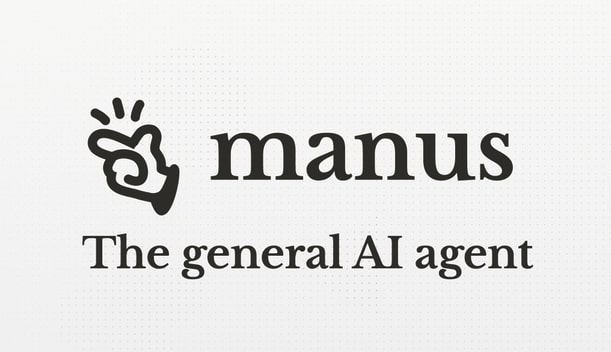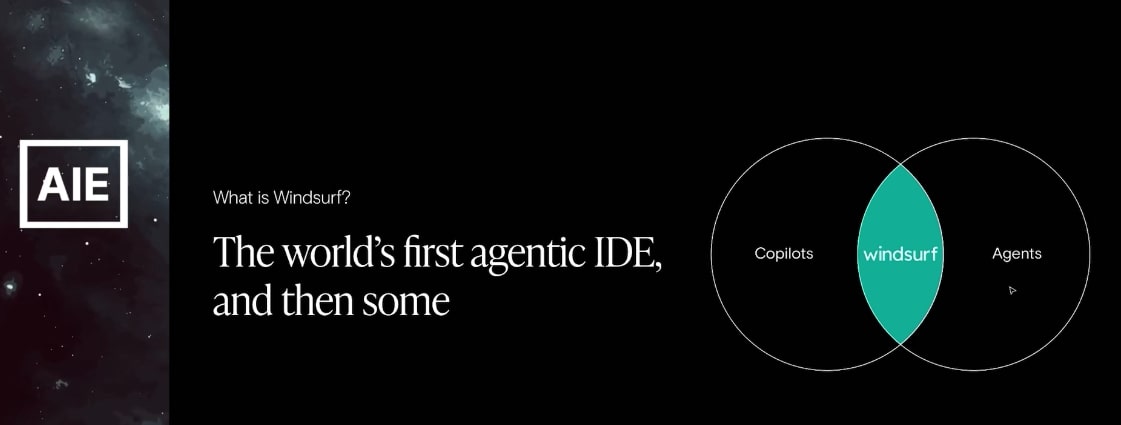OpenAI CPO Kevin Weil predicts AI will outperform human coders in competitive coding benchmarks by 2025. OpenAI’s Chief Product Officer (CPO) Kevin Weil claimed that AI could surpass human coders in competitive coding benchmarks by the end of 2025. He said this in a podcast with Avalon CEO Varun Mayya and YouTuber Tanmay Bhat on their channel Overpowered.
This would be for some competitive coding tasks but the real goal would be to massively multiply the productivity of human coders and human software product developers.


There are approximately 30-40 million developers worldwide, each producing between 40,000 and 100,000 lines of code per year. Let’s calculate the total:
Lower estimate:
30 million developers × 40,000 lines per year = 1.2 trillion lines of code annually.
Upper estimate:
40 million developers × 100,000 lines per year = 4 trillion lines of code annually.
AI’s Role in Improving Human Coding Productivity
AI tools like Cursor and Claude are already enhancing human coding productivity in 2025. These tools assist developers by:
Suggesting code snippets and completing functions in real time.
Generating entire blocks of code from natural language descriptions.
Reducing time spent on routine or repetitive coding tasks.
AI-powered coding assistants can increase productivity by 20-30%, effectively turning an 8-hour workday into 10 hours of output. Junior developers, in particular, benefit from AI’s guidance, while experienced developers use it to accelerate prototyping and debugging.
Can the code that could be generated by AI get auto-validated?
With AI inference capacity per data center increasing by 30-300 times each year and costs dropping far faster (modeled as a 10x annual reduction), AI’s code generation potential explodes from 2025 to 2028. Starting at 80 million validated lines per second in 2025, a single data center could produce 21.6 trillion to 21.6 quadrillion lines per second by 2028. This vastly outstrips human output (38,000–127,000 lines/second), potentially transforming software development into an AI-driven process. However, the key to robocoding is progress in validation, integration with workflow and deployment technologies to ensure the code is usable and correct.
There needs to be more precision to ensure the requested code can be very precisely stated and the request is validated.





Brian Wang is a Futurist Thought Leader and a popular Science blogger with 1 million readers per month. His blog Nextbigfuture.com is ranked #1 Science News Blog. It covers many disruptive technology and trends including Space, Robotics, Artificial Intelligence, Medicine, Anti-aging Biotechnology, and Nanotechnology.
Known for identifying cutting edge technologies, he is currently a Co-Founder of a startup and fundraiser for high potential early-stage companies. He is the Head of Research for Allocations for deep technology investments and an Angel Investor at Space Angels.
A frequent speaker at corporations, he has been a TEDx speaker, a Singularity University speaker and guest at numerous interviews for radio and podcasts. He is open to public speaking and advising engagements.


























